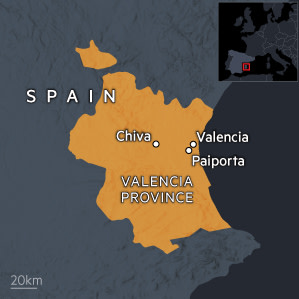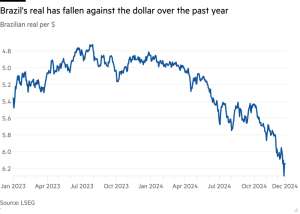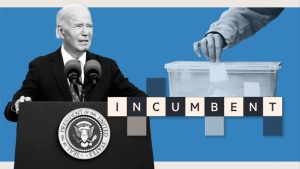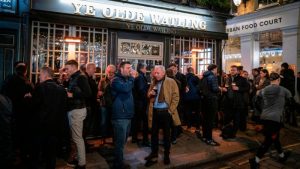Why enlargement will overshadow the EU-western Balkan summit
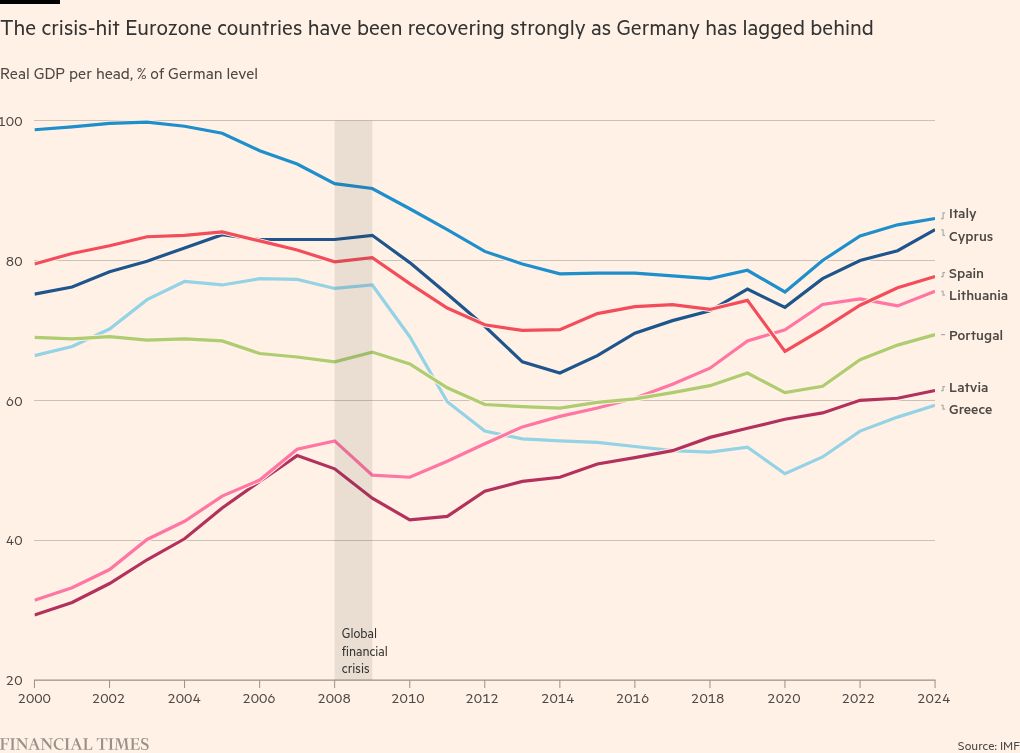
This article is an on-site version of our Europe Express newsletter. Premium subscribers can sign up here to get the newsletter delivered every weekday and Saturday morning. Standard subscribers can upgrade to Premium here, or explore all FT newsletters
Good morning. A scoop to start: Denmark will have to rip up a five-year defence funding plan only agreed eight months ago, Prime Minister Mette Frederiksen told the Financial Times, admitting her country will need to spend more to address growing European security risks and meet more ambitious Nato spending goals.
Today, our Balkans correspondent reports on Montenegro’s stuttering EU accession process ahead of a summit of EU and western Balkan leaders. And our climate and trade correspondents report that the Mercosur trade agreement gives the South American nations leeway on deforestation rules.
Queueing
EU officials preparing for a summit with western Balkan leaders today are at pains to stress that the meeting is not about the six countries’ bids to join the bloc.
But Montenegro’s Prime Minister Milojko Spajić has other plans, writes Marton Dunai.
Context: Considered one of the region’s best candidates for EU accession, Montenegro applied in 2008 and began formal talks in 2012. By its own optimistic forecast, it will be a member in 2028. The road is likely to be bumpy due to a pro-Serbian and pro-Russian bloc in the country’s government.
Montenegro has set its sights on breaking the deadlock on new EU accessions since Croatia’s 2013 entry, positioning itself as low-hanging fruit for the bloc.
Spajić this week boasted that his government has “achieved in 12 months what our dear predecessors achieved in exactly 12 previous years”.
“This is just the beginning,” he added.
Montenegro this week closed three of the needed “chapters” to progress in the enlargement process. “Yesterday was a celebratory moment for Montenegro,” EU affairs minister Filip Ivanović told the FT.
Today’s gathering “is not an enlargement summit”, EU officials involved in its preparations said yesterday, stressing that it would instead focus on economic partnerships, political alignment and co-ordinated responses to issues such as Russian disinformation.
But most assume references to Brussels’ long waiting line will pepper remarks from Spajić and his fellow regional leaders, many of whom chafe at what they see as foot-dragging from some EU members, who must unanimously agree to move candidate countries along each stage of the arduous process.
Spajić has been in Brussels all week, meeting senior officials to press his country’s case. “All the reforms we have brought in the past year show that we are a reliable, predictable and credible partner of the EU who is worth supporting!,” he wrote after meeting the bloc’s foreign policy chief Kaja Kallas.
His government has however relied on two parties that prefer looking to Moscow or Belgrade for guidance than to Brussels, the New Serbian Democracy and the Democratic People’s party of Montenegro.
Ivanović sought to allay fears that those parties would undercut the government’s westward commitment. “The parliament majority is very heterogeneous . . . sometimes it’s not too easy to balance all political interests [but] all the parties have publicly endorsed the vision of Montenegro as the first next member of the EU.”
Chart du jour: Track record
As it faces up to fresh challenges, the EU must build on past successes, writes Martin Wolf — and remember that neither economic integration nor convergence among member states was inevitable.
Preferential treatment
EU lawmakers yesterday approved a one-year delay to its ban on some imports from deforested areas. But with many developing countries still seething about the new rules, could it induce them to sign trade deals with Brussels? ask Andy Bounds and Alice Hancock.
Context: The deforestation law states that countries will be classified as low, medium or high risk for destroying forests. This will dictate how intensely EU authorities will check products such as timber, leather and coffee to see if they should be potentially banned for import.
The Mercosur trade deal provisionally concluded this month will give its four members — Brazil, Argentina, Paraguay and Uruguay — “slightly better treatment” under the new rules, according to a senior EU official.
If the law causes a “collapse of exports . . . in particular sectors”, Mercosur countries can ask for compensation or raise barriers to EU imports if an adjudication panel agrees, the official said. Brussels must also take into account the countries’ own certification systems for deforestation when assessing which risk category to put them in.
Jessika Roswall, the new EU environment commissioner, told the FT that the Mercosur trade deal “will probably benefit” those four countries, since they have made commitments to sustainable development.
“It will matter for the risk classification,” she said.
This could encourage other countries which have qualms about the deforestation law, such as Indonesia and Malaysia, to conclude their own trade deals with the EU, held up partly by concerns over Brussels’ environmental demands.
“I hope so, of course,” Roswall said.
What to watch today
-
Leaders from the EU and the western Balkans meet in Brussels.
-
Nato secretary-general Mark Rutte hosts Ukrainian President Volodymyr Zelenskyy and leaders from the EU, France, Germany, Poland and the UK.
Now read these
Recommended newsletters for you
Free Lunch — Your guide to the global economic policy debate. Sign up here
The State of Britain — Peter Foster’s guide to the UK’s economy, trade and investment in a changing world. Sign up here
Are you enjoying Europe Express? Sign up here to have it delivered straight to your inbox every workday at 7am CET and on Saturdays at noon CET. Do tell us what you think, we love to hear from you: [email protected]. Keep up with the latest European stories @FT Europe
#enlargement #overshadow #EUwestern #Balkan #summit


